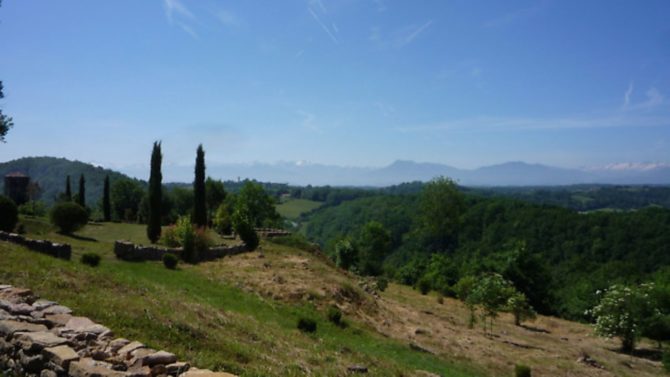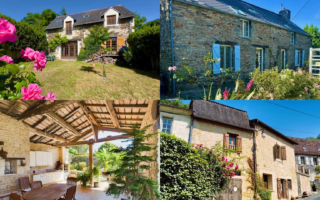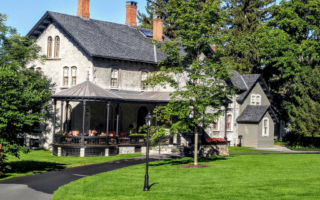5 things to consider when buying property in France

Although the buying process in France is relatively straightforward, Nadia Jordan presents some potential problems you could discover – and how to overcome them
Buying a house is always a risky and stressful process and buying in a foreign country can magnify this risk and stress. The property buying system in France, however, is tightly regulated and it is probably one of the safest places in the world that you can choose to buy, as long as you are aware of the few issues which can arise before and during the buying process.
In the past, it has only been the seller who has been represented (the estate agent is mandated by the vendor). This has changed with the arrival of buyer’s agents in Europe and now buyers can ensure they have someone on their side, to fight their corner and offer advice to make sure that they do not fall victim to some of the pitfalls that inevitably exist when buying in a foreign country.
As a buyer’s agent, one of the main things that I look out for when viewing a property is its location, including its proximity to noisy roads, smelly farms or power lines and whether it is in a sunny spot, elevated or in a possible flood zone. Many property photos crop out the less salubrious aspects of the immediate vicinity, but as long as you are diligent when viewing the property, you can’t go too far wrong.
5 things to remember:
1. Check if there is any history of flooding, subsidence or termites
2. Get any cracks, leaks, damp patches and old electrics looked at
3. Read the diagnostiques report carefully before you sign anything
4. Does the swimming pool have either a fence, alarm or safety cover?
5. Have experts to hand, such as a buyer’s agent, surveyor and solicitor
Structural matters
The structural condition of the property is also very important so if there are any obvious issues such as large cracks in walls, missing or broken roof tiles, damp patches or obvious leaks and dodgy-looking electrics, it would be wise to get a professional in to take a look, whether this be a surveyor or a builder.
Likewise, if you have plans to extend or change the building, it would be worth checking on any potential planning restrictions.
The agent or seller should also be able to show you a copy of the diagnostiques report which will indicate the presence of any lead, termites and asbestos, and the state of the electrics and septic tank. In practice, many owners do not get these reports done until there is an offer on the house but make sure that you see them before signing the compromis de vente. Many septic tanks fail to meet the new regulations so there will be recommendations on the report as to what is needed to bring them in line with the new law, and buyers have a year in which to comply.
If there is a swimming pool at the property, it is a legal requirement for it to be fitted either with a fence, alarm or security pool cover so this needs to be checked. If these are not in place by the time you sign the acte de vente, then you are responsible for any accident that occurs even if you are not at the property, and penalties for failing to comply range from large fines to imprisonment.
First refusal
If you are buying a rural property with land, it is worth remembering that there is a body called SAFER (Société d’Aménagement Foncier et d’Établissement Rural) that is charged with the protection of agricultural property in France, and it has a right to pre-empt the sale should it decide that the agricultural buildings or land you want to buy are still useful in agricultural terms to their members. It is rare that SAFER uses this pre-emption but it can happen.
Finally, remember that the sale of a property in France becomes binding much earlier than it does in many countries. Once you have signed the compromis de vente you have seven days in which you can pull out without penalty (the legal cooling-off period), but once this is up you are obliged to go ahead with the purchase unless one of the clauses suspensives (conditional clauses) that was included in the contract is not met.
It is always worth taking advice in your own language from an expert on all of these aspects for complete peace of mind.
Nadia Jordan runs Foothills of France in the Midi-Pyrénées and is a licensed search agent
Tel: 0033 (0)6 45 23 62 48
Share to: Facebook Twitter LinkedIn Email


